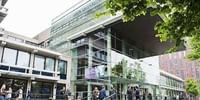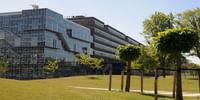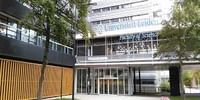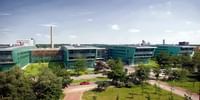The goal of the Master's degree programme in Physics from University of Groningen is to train excellent researchers in the field of materials science,?subatomic physics, isotope physics or theoretical physics.
The programme offers the following specialisations:
- Quantum Universe
- Advanced Materials
In the second year of your training you conduct a major research project matching the field of your specialisation. This research project takes place in one of the research institutes of the University of Groningen that carry out research in physics:
- Zernike Institute for Advanced Materials
- Van Swinderen Institute
- Energy and Sustainability Research Institute Groningen (ESRIG)
- Kapteyn Astronomical Institute
- KVI-Center for Advanced Radiation Technology
Each of these research institutes has its own fields of interest. Together they constitute a wide spectrum of high-level research in physics and related sciences.
Job prospects
The Master's programme in Physics at the University of Groningen is primarily meant for students who want to become researchers. Most graduates will proceed with a PhD research project after their Master's programme, either in Groningen or elsewhere. Nevertheless, many physicists who have trained as researchers will find jobs that are less explicitly oriented towards research. This is because training as a researcher in physics also develops general competences that make graduates highly versatile.
During the Master's degree programme, teamwork, communication and presentation are important qualities. In many cases considerable IT skills are developed. In practice, physics graduates can be found in consultancy firms, in process management, in commercial positions, in financial jobs or as teachers.
Job examples
- PhD research position
- Consultant
- Process manager
- Teacher
- Financial jobs













